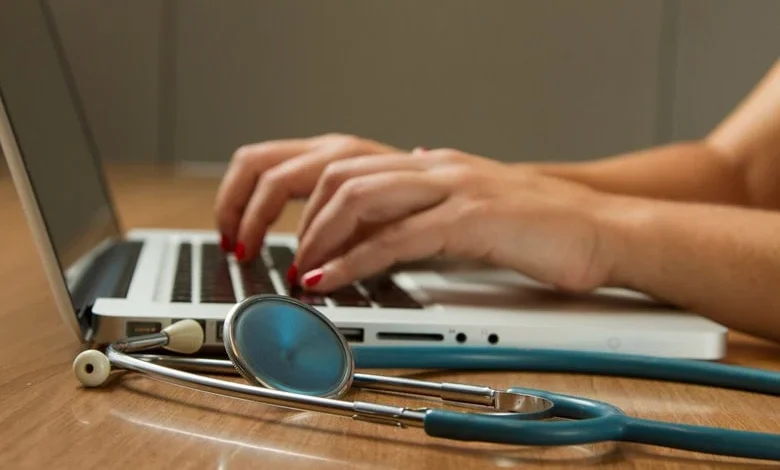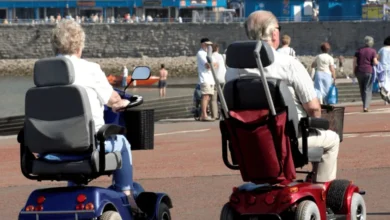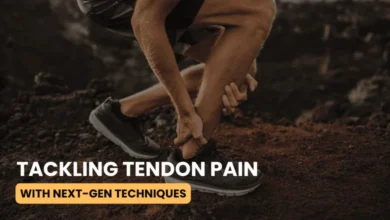Community Health Starts With Nursing: How MSN Nurses Support Public Wellness Initiatives

Strong communities thrive on good health, and that foundation begins with access to skilled, compassionate care. Nurses sit at the frontline of this effort, blending clinical knowledge with human connection to address a range of healthcare needs. But beyond hospitals and clinics, nursing plays an even greater role—one that impacts schools, neighborhoods, and entire populations. That’s where Master of Science in Nursing (MSN) professionals step in. These nurses take their training beyond bedside care to lead public health initiatives, develop community programs, and tackle health disparities head-on. Their presence in the community changes the conversation from treating illness to building lasting wellness.
The Evolving Role of Nurses in Public Health
Modern nursing goes far beyond stethoscopes and hospital rounds. Nurses today shape policies, coordinate large-scale health efforts, and act as liaisons between medical systems and the people they serve. As healthcare grows more complex, communities need nurses who understand how to manage population health and influence outcomes. MSN-trained nurses rise to meet that demand. They analyze community data, evaluate emerging risks, and develop educational campaigns to promote better living. Their clinical background equips them to detect early warning signs of public health crises, while their leadership training gives them the confidence to take action before problems escalate.
Advanced Education as a Tool for Community Impact
Education fuels the effectiveness of community health efforts, and MSN programs provide nurses with the advanced knowledge to lead them. These programs dive into epidemiology, health policy, and leadership strategies—core areas that nurses need to affect meaningful change outside hospital walls. For working professionals, online MSN programs offer a flexible way to gain this expertise without stepping away from their roles. This format allows nurses to remain engaged in their communities while applying their coursework in real-time settings. With the blend of theory and practice, they quickly become advocates, educators, and planners for public wellness. Their influence can reach far beyond one patient at a time.
Health Promotion Through Education and Outreach
MSN nurses know that lasting health change happens when people understand how to care for themselves and those around them. That’s why community education stands as a pillar of their role. These nurses organize workshops on topics like nutrition, mental health, disease prevention, and sexual health. They meet people where they are—at schools, community centers, churches, or even on social media platforms—to make health education accessible and relatable. Through outreach, they help people connect the dots between daily habits and long-term outcomes. This proactive approach reduces the burden on emergency services and hospitals by preventing illness before it begins.
Bridging Gaps in Underserved Populations
Healthcare isn’t distributed equally. Some neighborhoods face chronic shortages of providers, language barriers, or financial obstacles that make basic care hard to access. MSN nurses tackle these issues with targeted strategies. They might launch mobile clinics in rural areas, implement telehealth services in low-income communities, or collaborate with local leaders to build trust among hesitant populations. Their training prepares them to assess what each community lacks and offer tailored solutions. By listening to the people they serve, these nurses turn challenges into opportunities for empowerment. Every initiative they lead narrows the gap between who gets care and who gets left behind.
Collaborating Across Sectors to Strengthen Public Health
Nurses can’t solve every problem alone, and MSN-prepared professionals understand the power of collaboration. They regularly join forces with schools, businesses, faith-based organizations, and local governments to create stronger support networks. Whether they’re helping build mental health programs for students or coordinating vaccination drives with city councils, their influence stretches across multiple sectors. These partnerships allow for broader outreach and better use of resources. MSN nurses act as connectors, bringing diverse stakeholders together around shared goals. Their leadership ensures that community health efforts stay organized, consistent, and grounded in real needs rather than temporary fixes.
Using Data to Drive Local Health Solutions
MSN nurses understand that data tells a powerful story. They collect, analyze, and interpret health trends within specific communities to design smarter solutions. Instead of guessing what a population needs, they rely on statistics to pinpoint high-risk groups, emerging threats, and patterns of disease. For example, if asthma rates rise in a particular zip code, these nurses dig into local environmental factors and work with city planners to address root causes. They also use this information to track progress over time and adjust strategies. Their data-driven approach ensures that resources aren’t wasted and that health initiatives stay relevant and effective.
Nursing lies at the core of every healthy community, and MSN-prepared nurses elevate that role through leadership, innovation, and compassion. They educate, advocate, respond, and lead in ways that shape the everyday lives of the people around them. From classrooms to city halls, from data to policy, their influence runs deep. With tools like online MSN programs, more nurses gain the skills to step into these roles without leaving their communities behind. The future of public health depends on this kind of hands-on, community-centered leadership—and it starts with nursing.
For more insightful articles on business, technology, health, and more, visit WordPlop.






